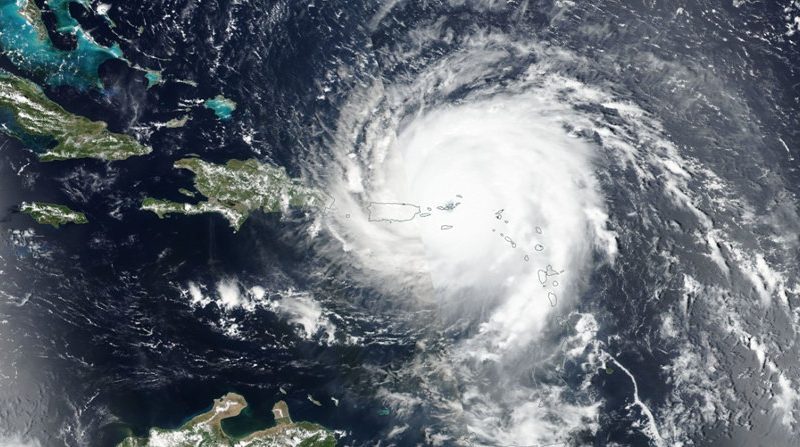
The Impact of Climate Change on Extreme Weather Events
Climate change is one of the most pressing issues facing the world today, and its effects on weather patterns are becoming increasingly apparent. Extreme weather events, such as hurricanes, floods, droughts, and wildfires, have become more frequent and severe in recent years. This article will explore the impact of climate change on extreme weather events, drawing on weather analytics, weather history, and weather records.
The Link Between Climate Change and Extreme Weather Events
Climate change has led to an increase in the intensity and frequency of extreme weather events. Warmer temperatures are causing more frequent and severe heatwaves, while rising sea levels and warmer oceans are contributing to more intense hurricanes and storm surges. Climate change is also causing more frequent and severe droughts and wildfires in many regions.
Weather Analytics
Weather analytics play a crucial role in understanding the impact of climate change on extreme weather events. These tools help researchers to identify patterns in weather data, such as temperature trends and the frequency of extreme weather events. They can also help to forecast future weather patterns, allowing governments and communities to prepare for potential disasters.
Weather History
Weather history provides valuable insight into the impact of climate change on extreme weather events. By analyzing historical weather records, researchers can identify patterns and trends in weather data over time. For example, a study published in the journal Nature Climate Change found that the frequency of extreme heatwaves has increased significantly in recent decades, with the number of heatwave days increasing by over 50% in some regions.
Weather Records
Weather records are a crucial source of data for studying the impact of climate change on extreme weather events. These records include data on temperature, precipitation, wind, and other weather variables, which can be used to identify trends and patterns over time. In recent years, weather records have been instrumental in documenting the increasing frequency and severity of extreme weather events, providing evidence of the impact of climate change on our planet.
Preparing for the Future
As extreme weather events become more frequent and severe, it is crucial that governments and communities take steps to prepare for potential disasters. This includes investing in infrastructure and emergency response systems that can withstand extreme weather conditions, as well as developing early warning systems that can alert people to potential disasters.
Climate change is having a profound impact on our planet, and its effects on extreme weather events are becoming increasingly apparent. By using weather analytics, weather history, and weather records, researchers can better understand the link between climate change and extreme weather events. As we face the challenges of a changing climate, it is crucial that we take steps to prepare for the future. AWIS Weather Services is committed to providing accurate and reliable weather forecasts, helping communities around the world prepare for potential disasters.




